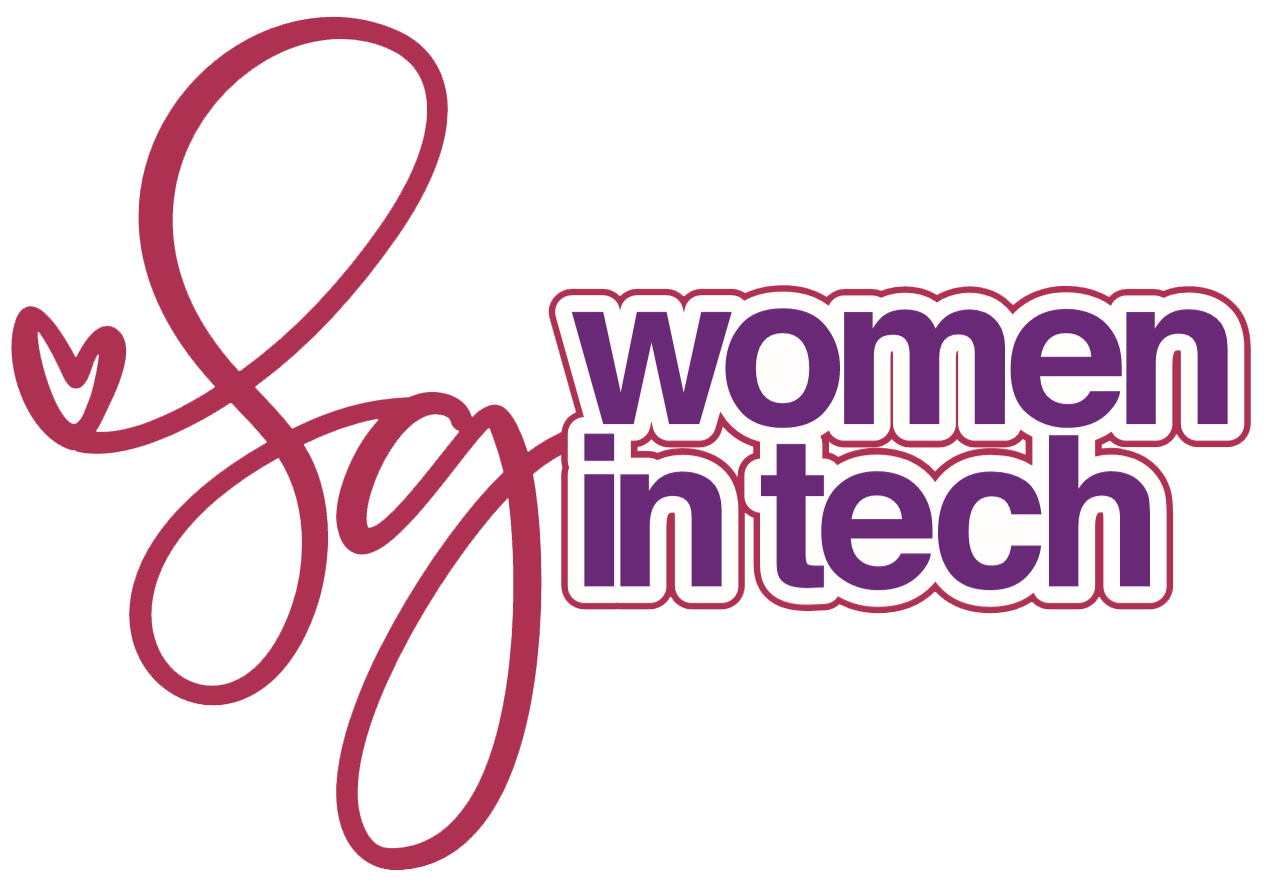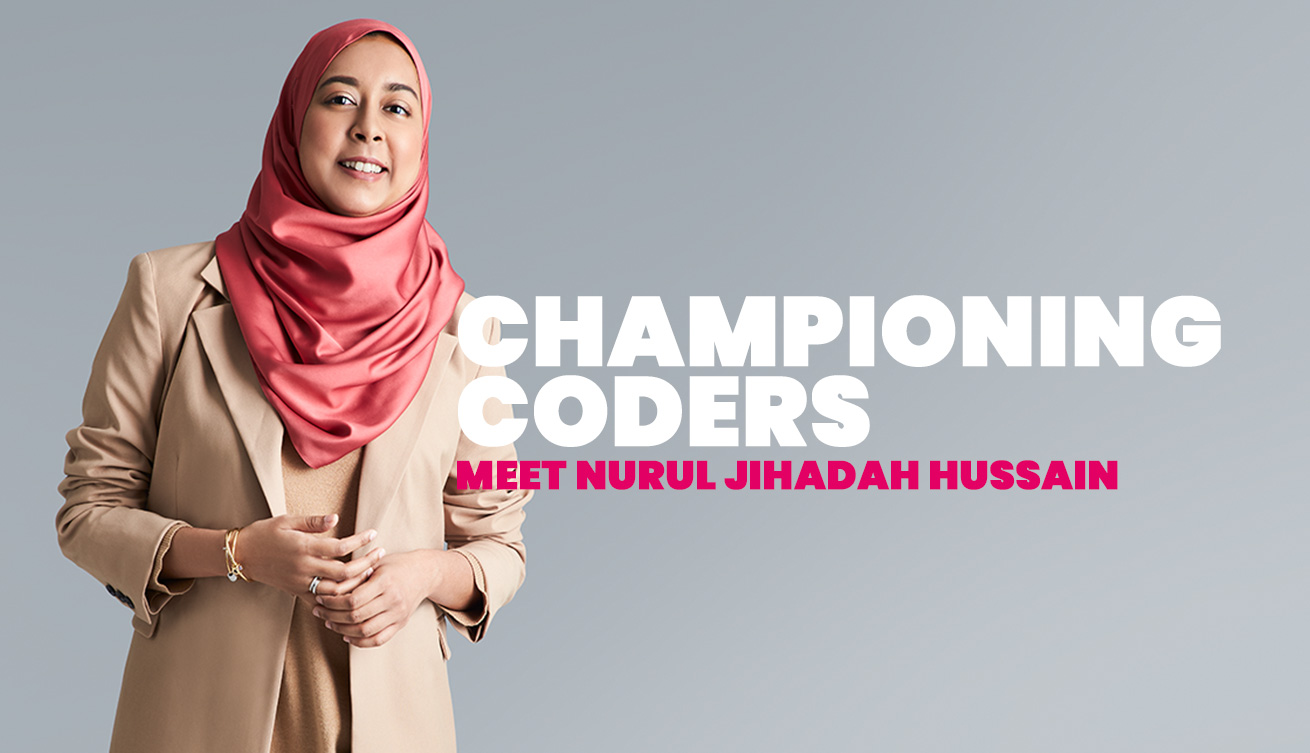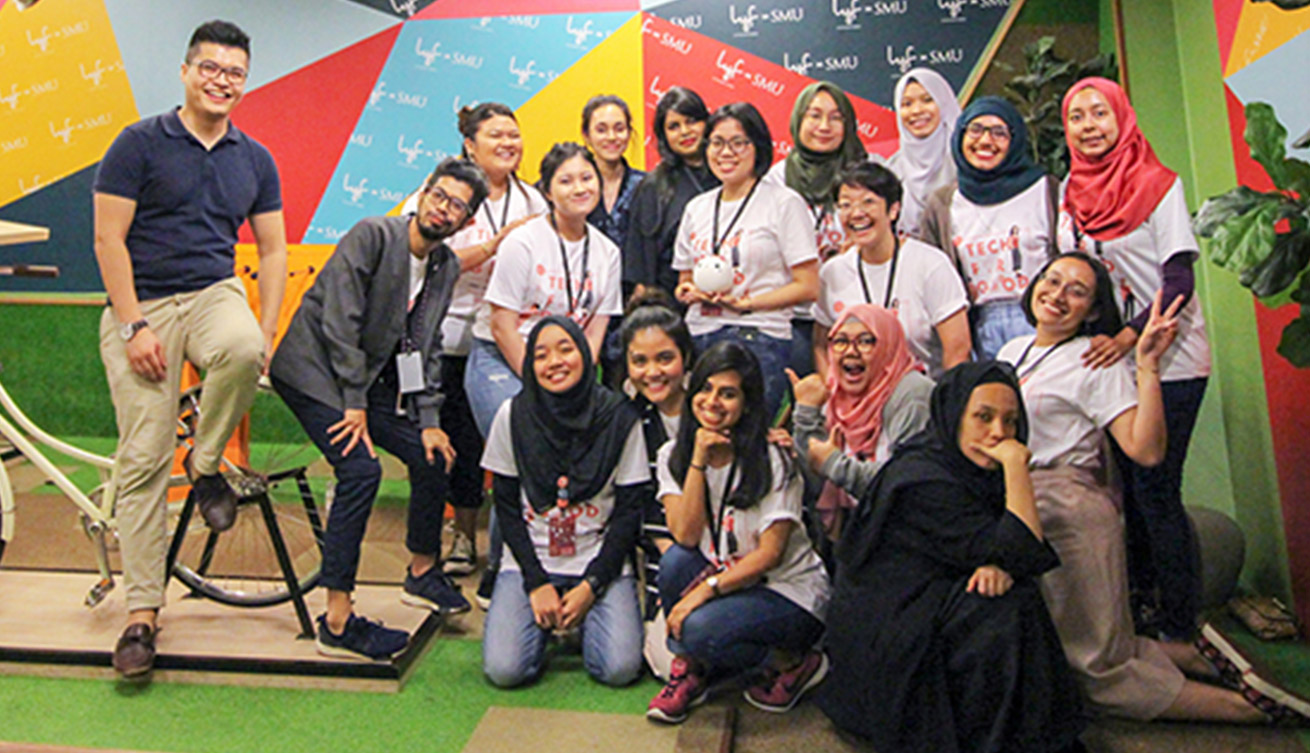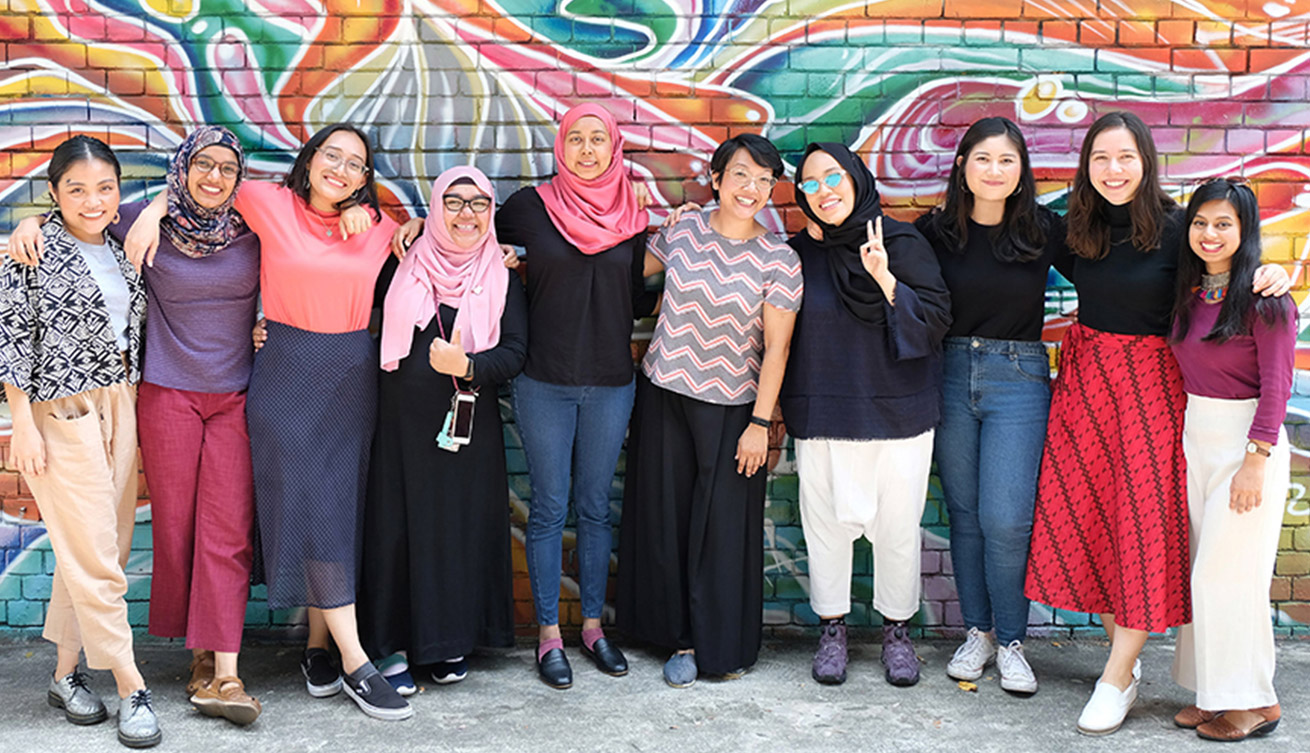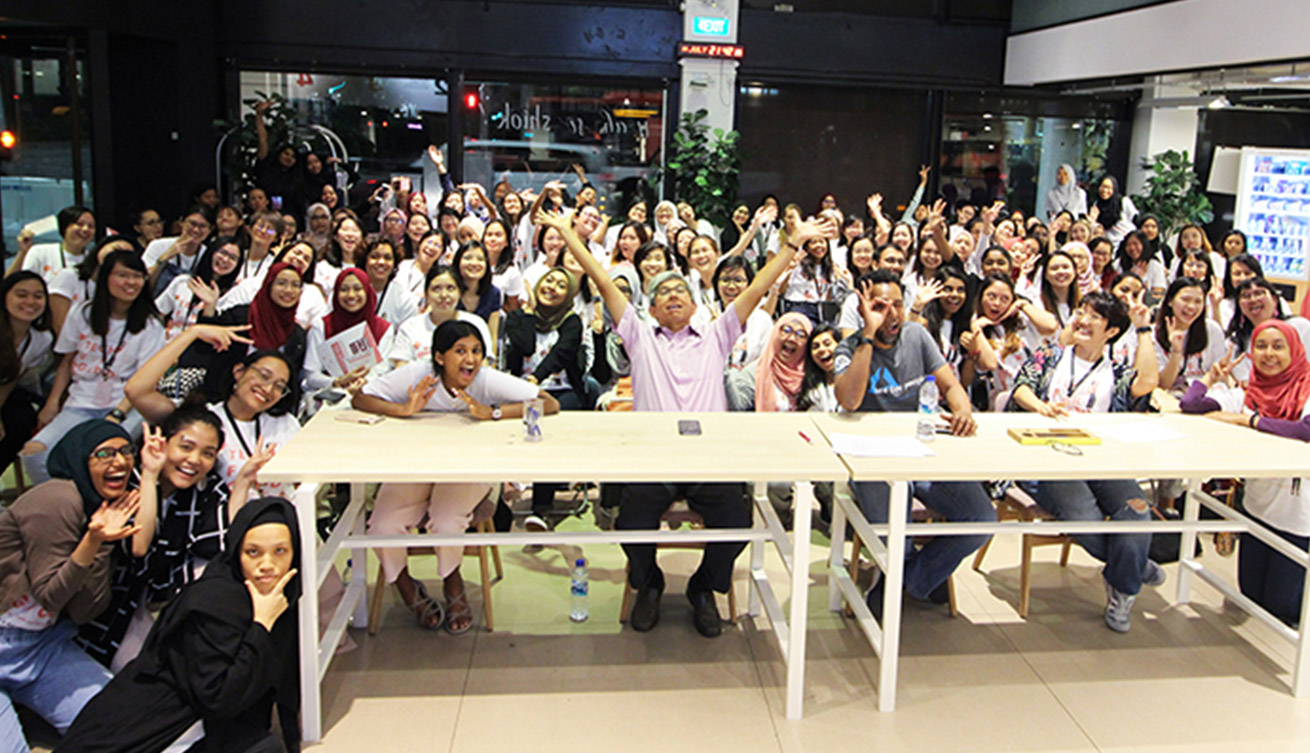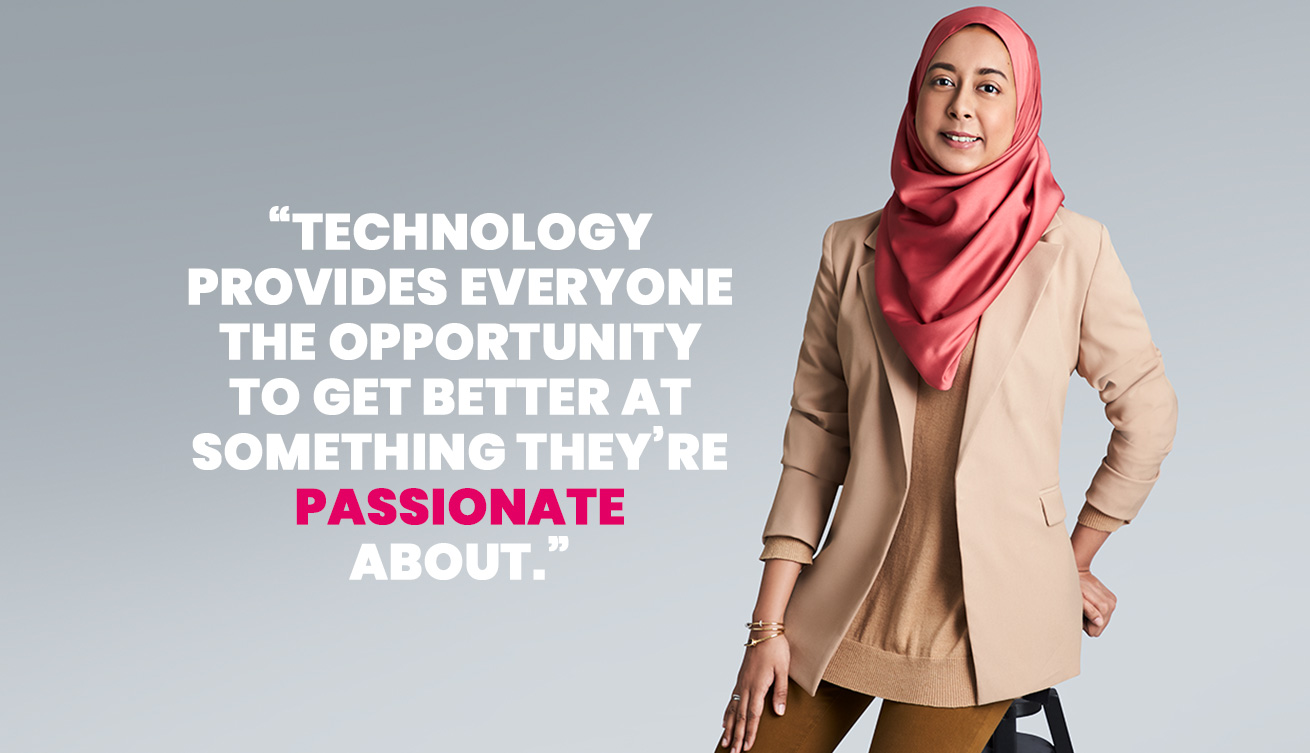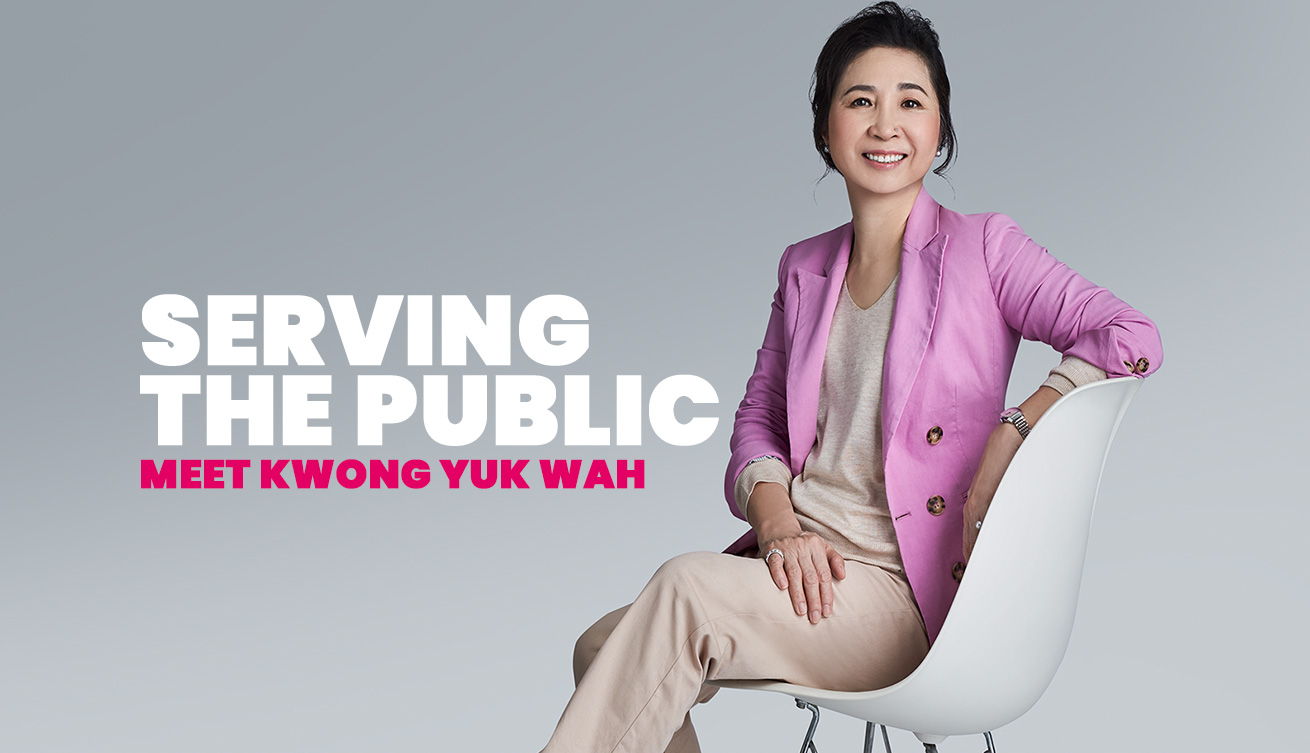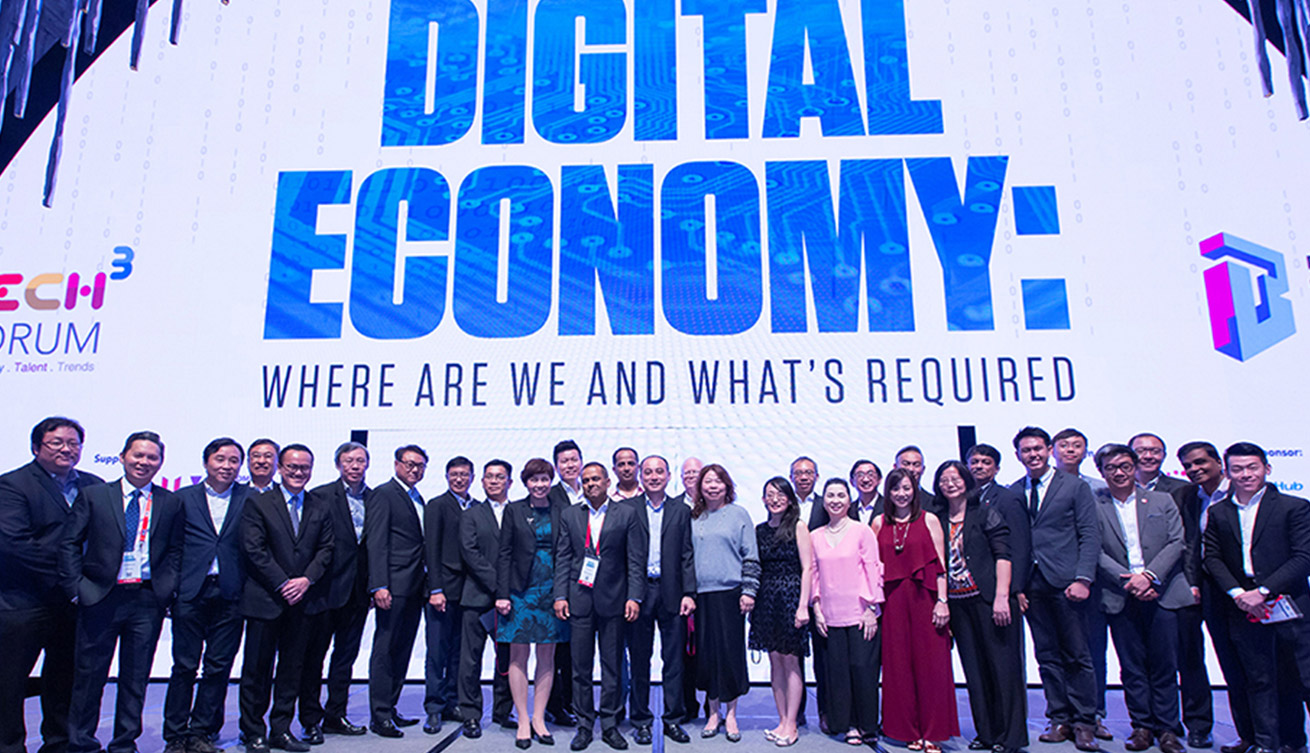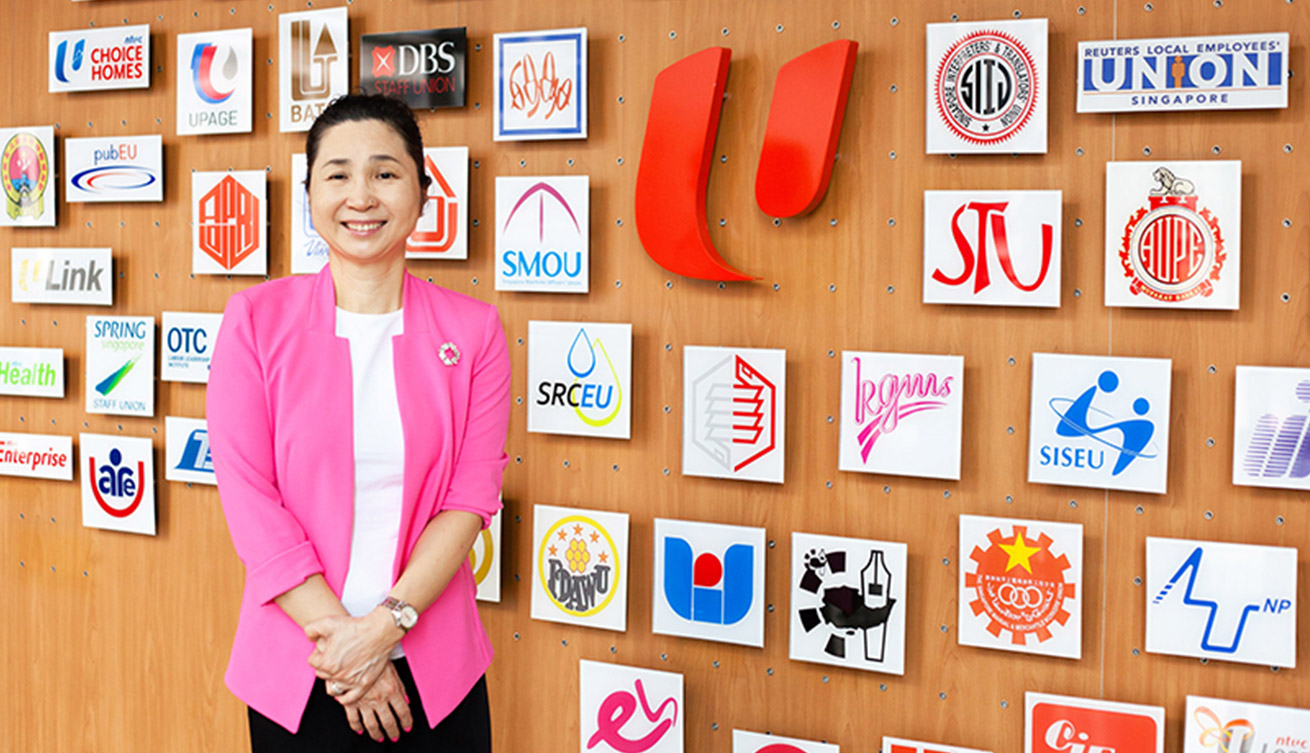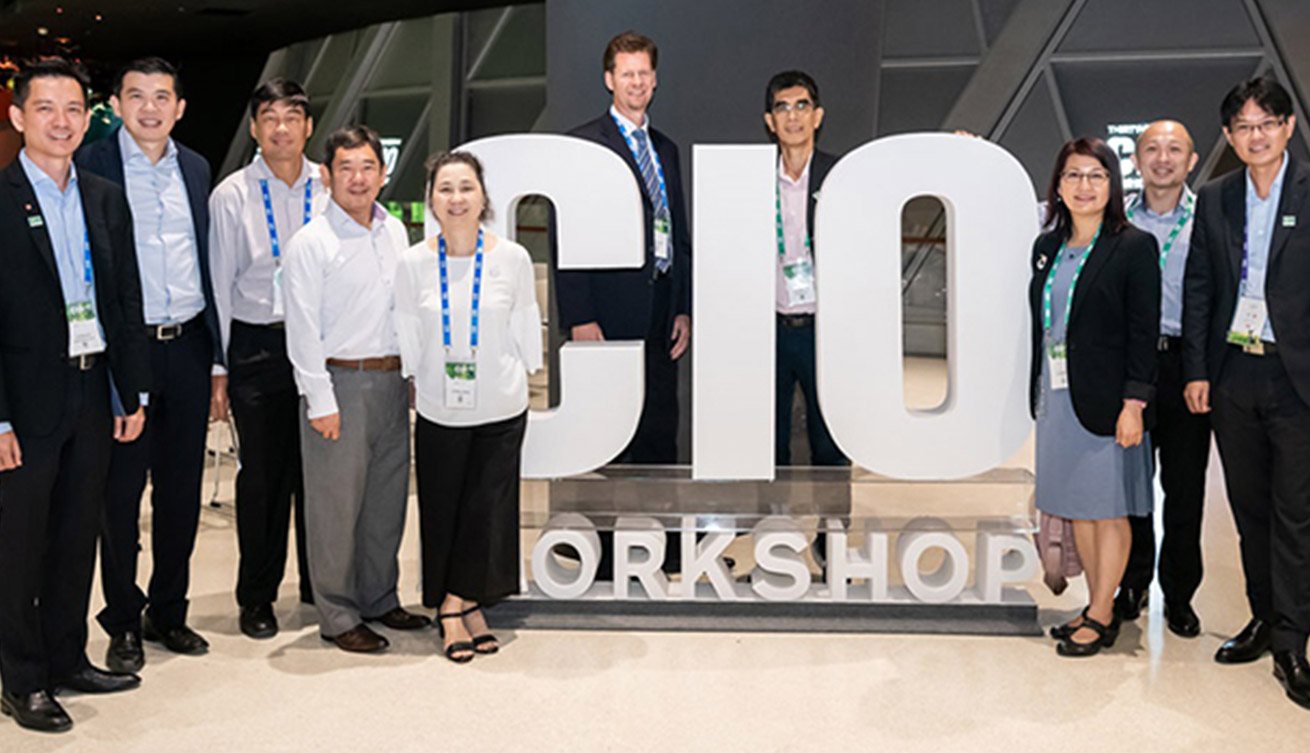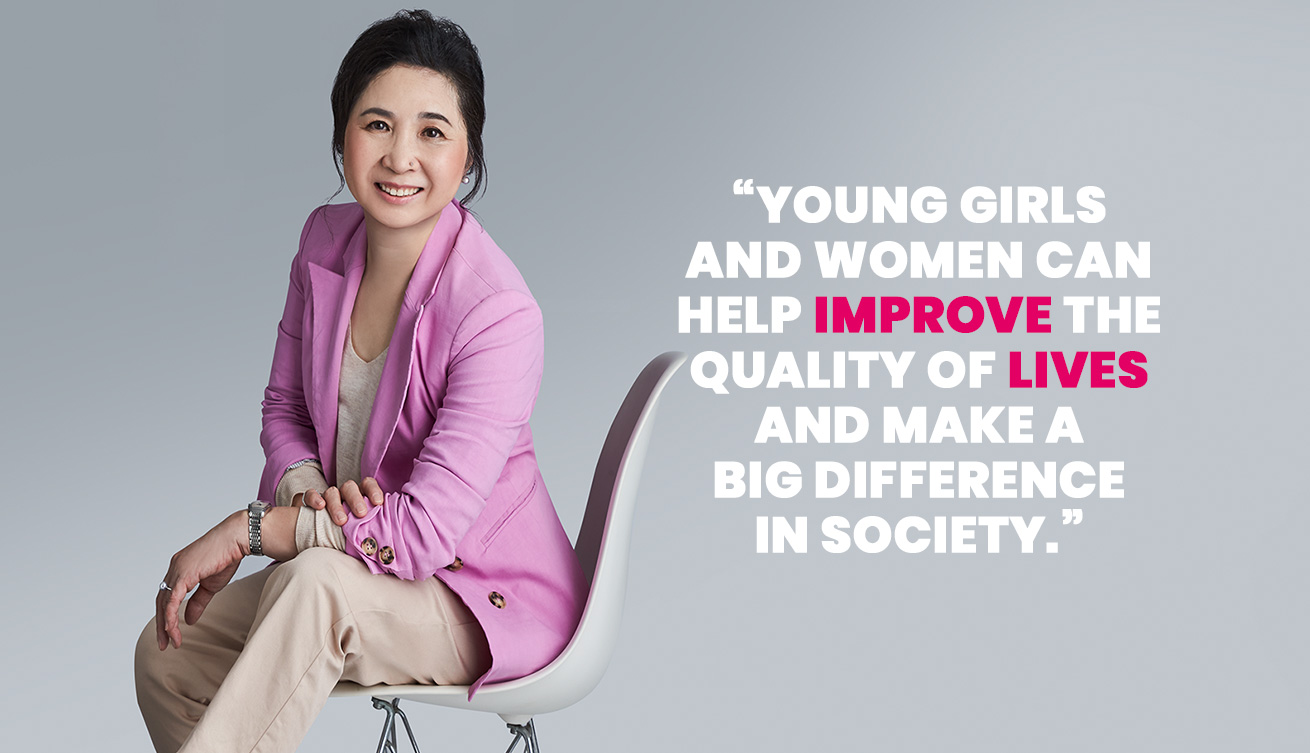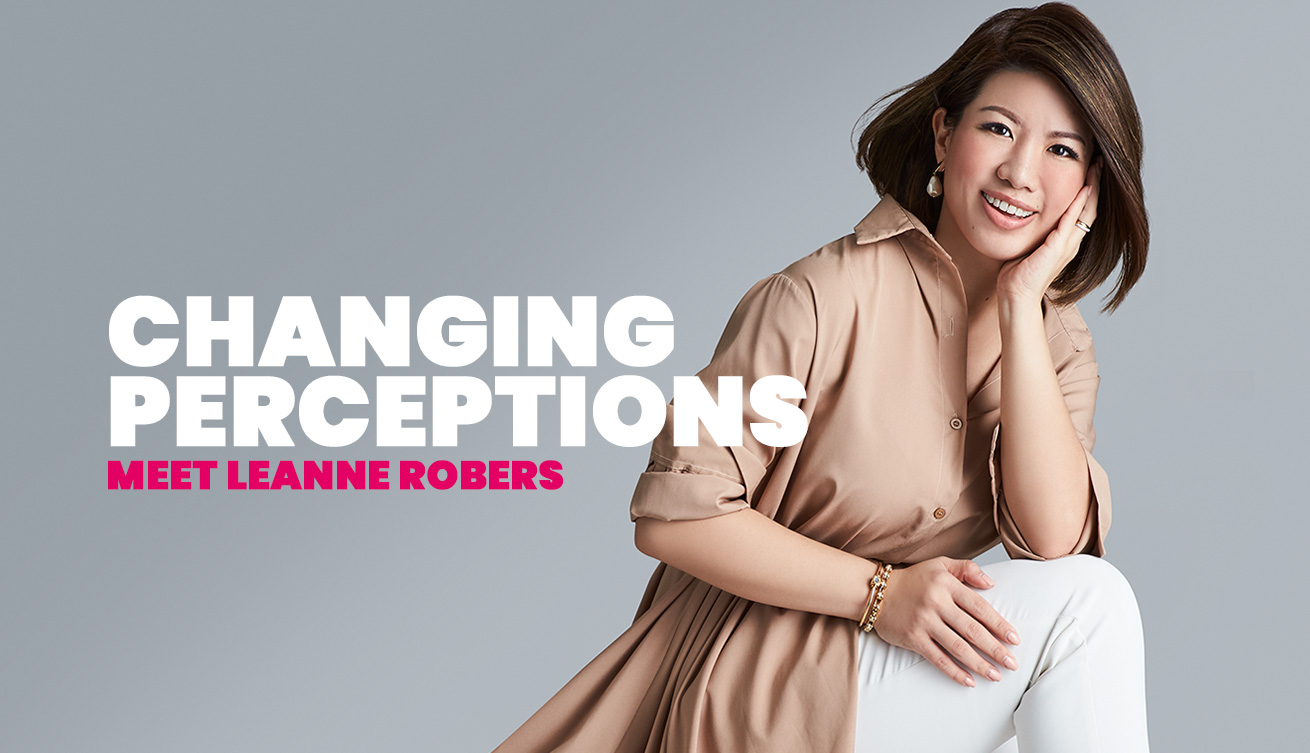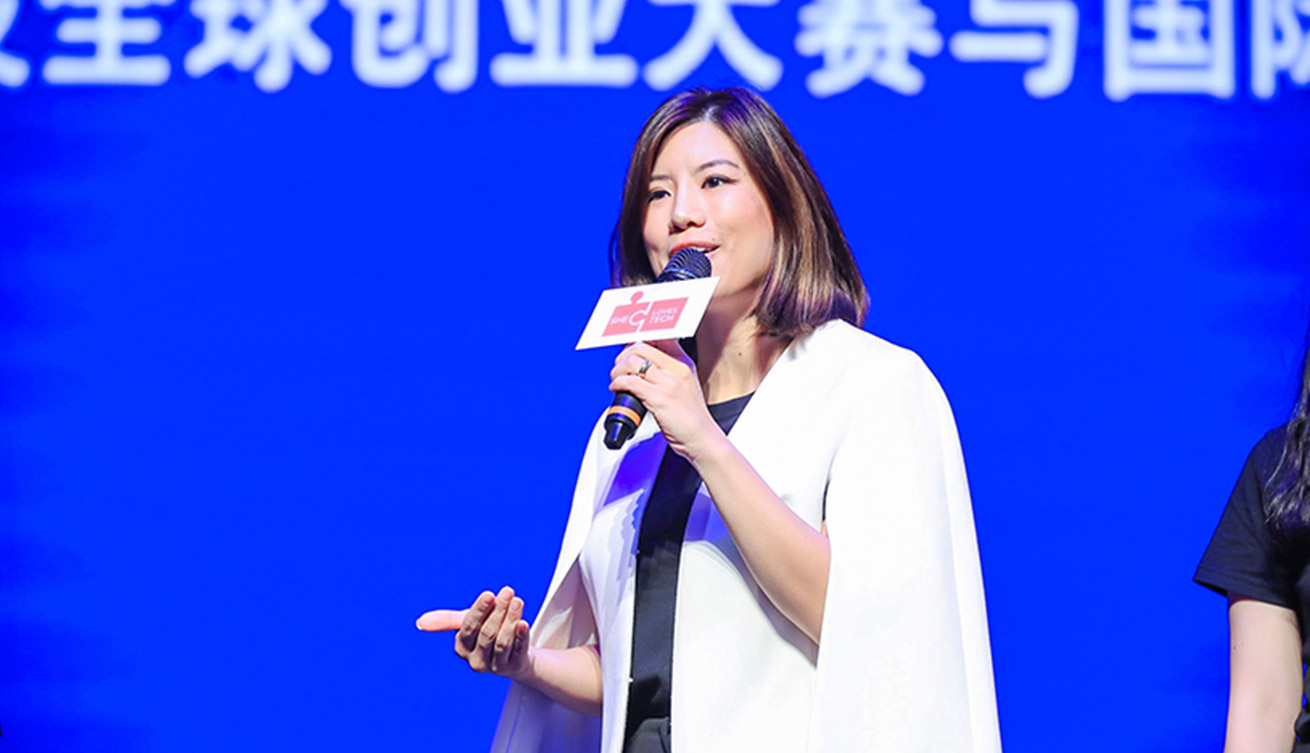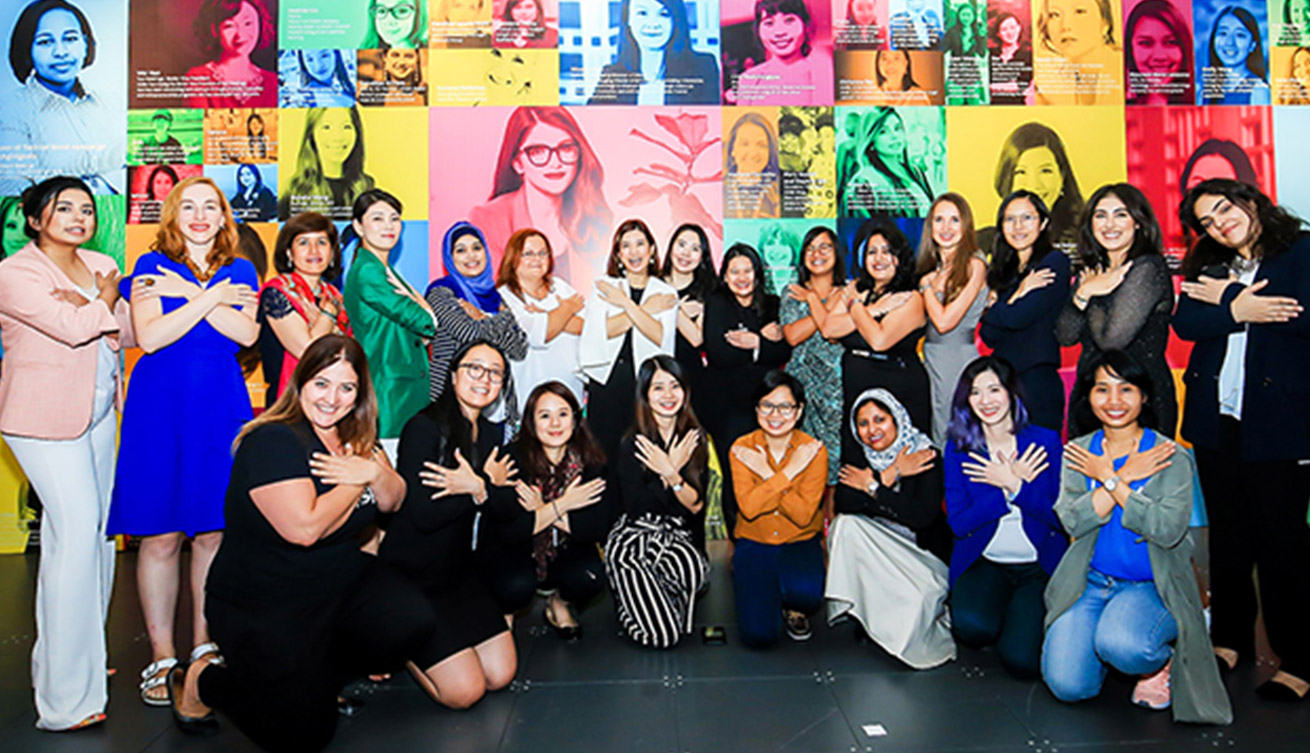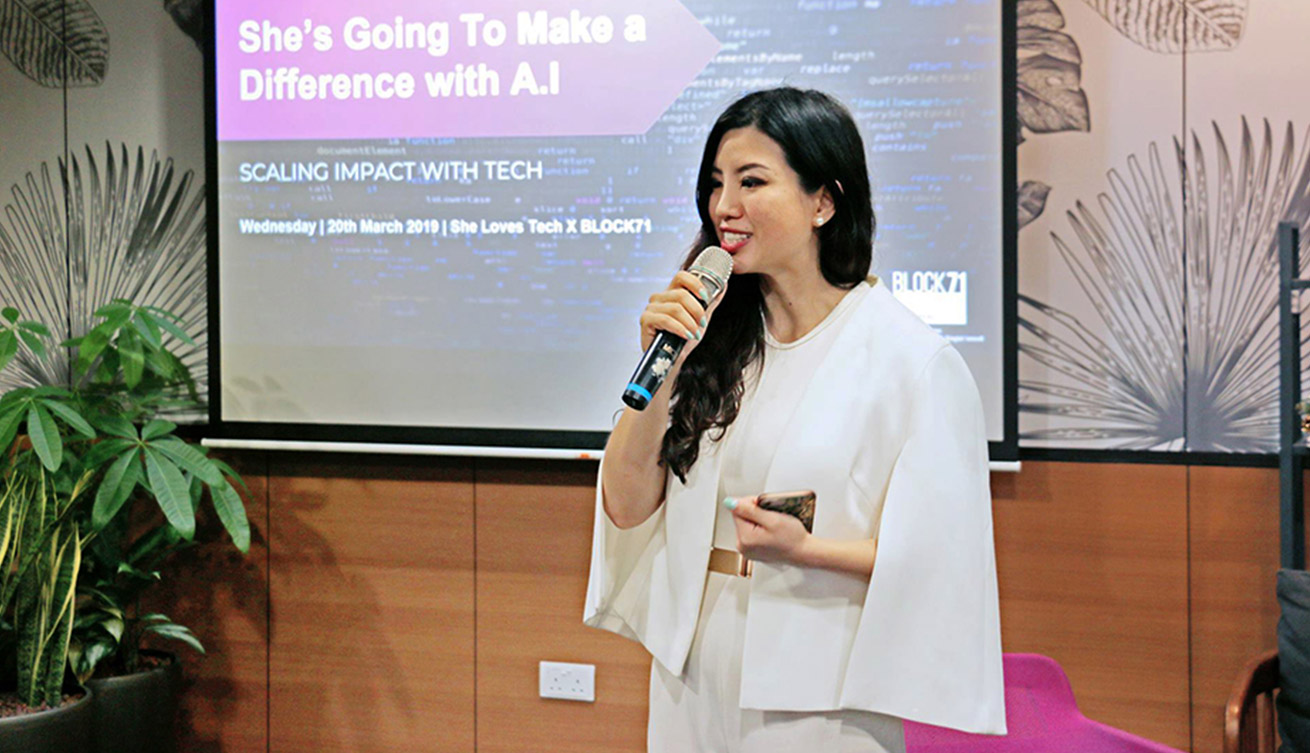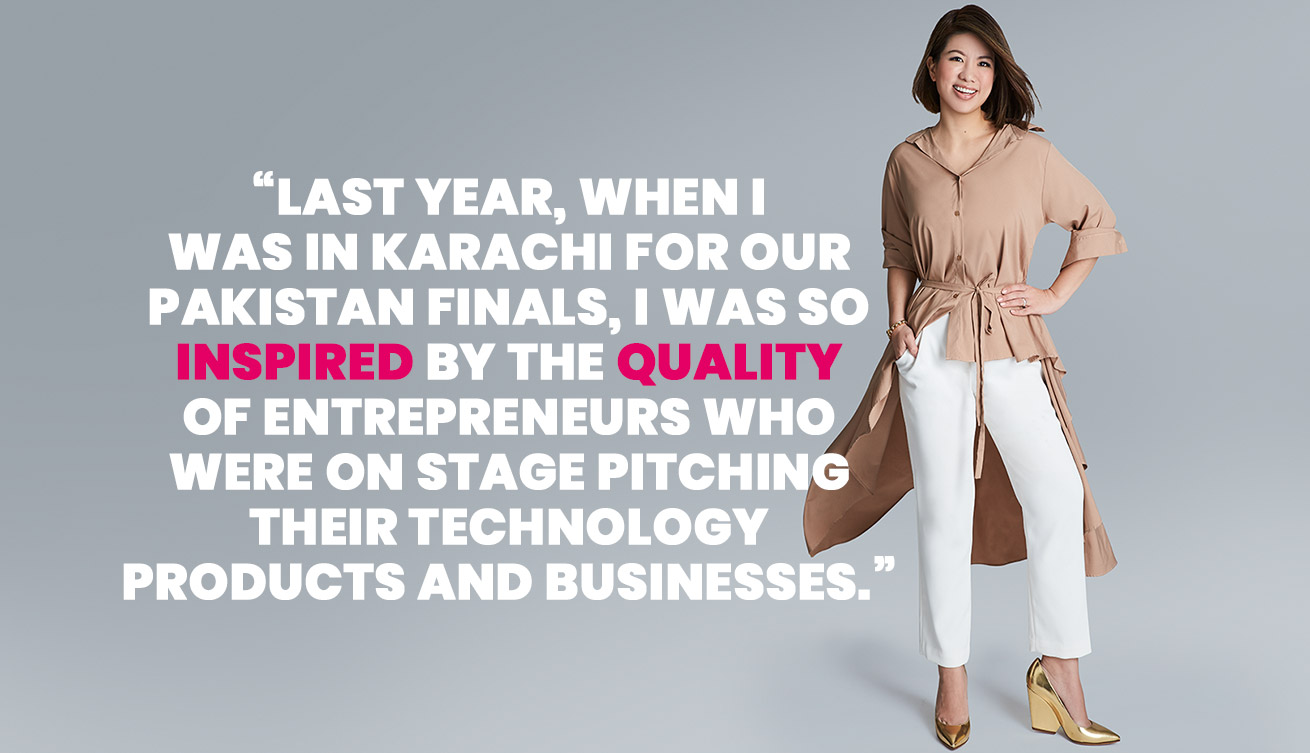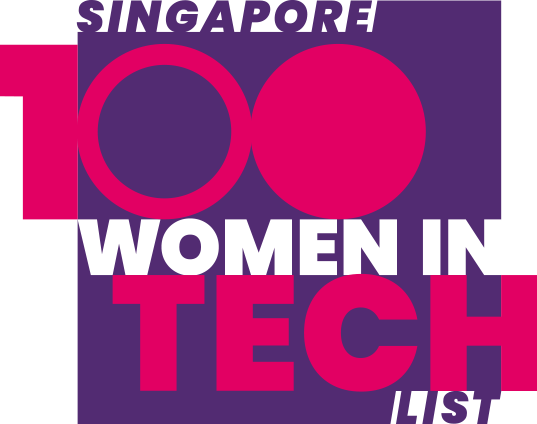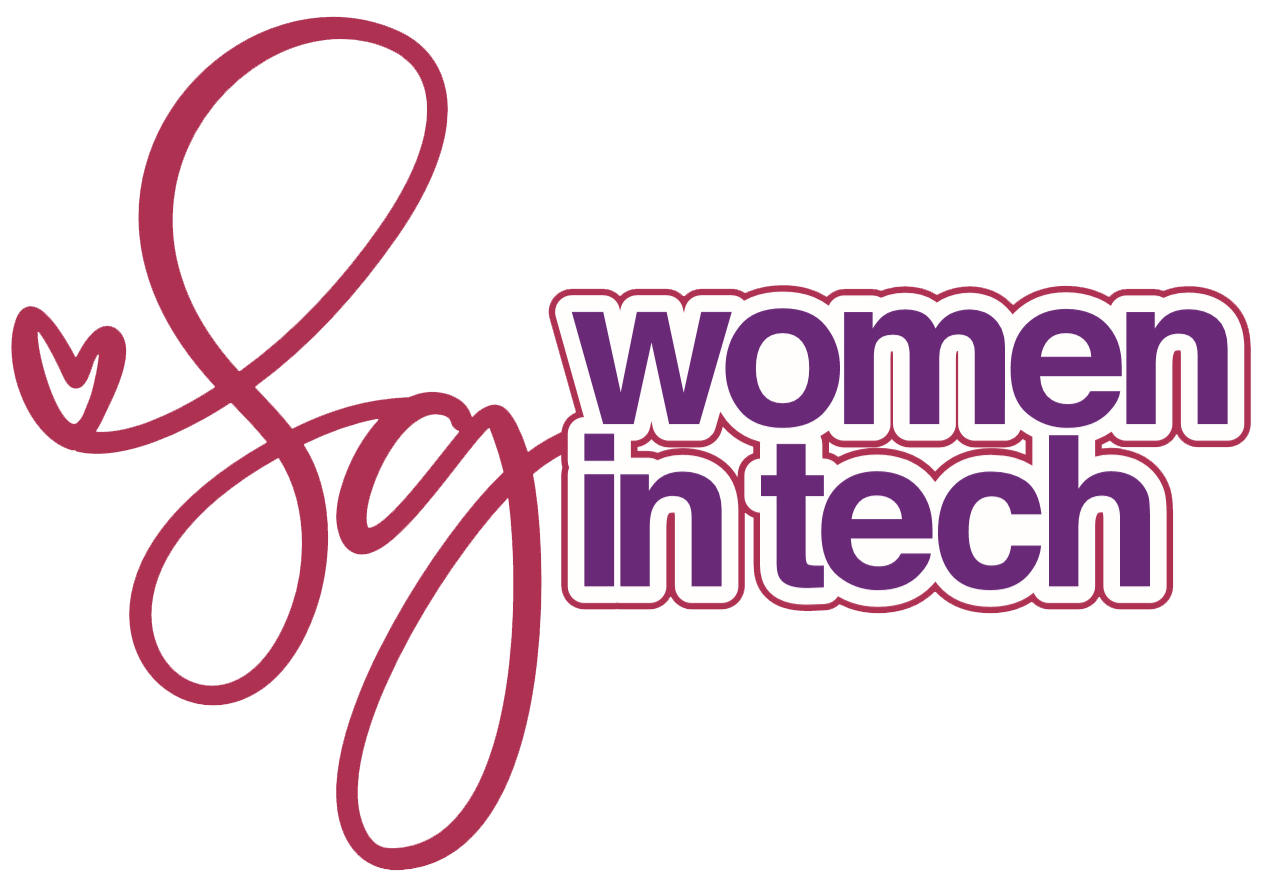CHAMPIONING CODERS
Tech for Good, an annual event run by The Codette Project, has offered participants childcare services, breastfeeding and prayer and meditation rooms, halal and vegetarian food. “We thought that these were pretty obvious needs, but these are not the norm for most tech events,” said Ms Nurul Jihadah Hussain. The founder of The Codette Project, she recounted early naysayers telling her that a women-only hackathon would be of no interest to women.
"We thought that they were pretty obvious, but these are not the norm for most tech events," said The Codette Project founder Nurul Jihadah Hussain, who recounted early naysayers telling her that a hackathon would be of no interest to women.
"We showed that women – and especially minority and Muslim women – are interested in tech, and that non-traditional ways of organising tech events that centre on women and our experiences can be transformational in getting underrepresented communities into technology."
In a bid to reclaim the narratives of underrepresented groups in tech, The Codette Project has also created a set of stock photos to show what the world of technology would look like if it was more diverse. For her efforts, Ms Nurul was one of the 115 global leaders chosen for Facebook’s Community Leadership Programme in 2018.
According to Ms Nurul, she has always been interested in social issues, and technology became a way for her to work for equality and empower others.
She explained: "Technology provides everyone the opportunity to get better at something they're passionate about – whether it's design, user experience, coding or data analysis – there's something for everyone to learn in tech."
However, the tech sector itself needed more diversity in representation. Citing a 2015 McKinsey study that showed companies in the top quartile for gender, ethnic and racial diversity in management were likely to perform better, she said: "For me it was clear that there was a lot of necessary work that needed to be done for more just and equitable representation in tech, and that someone had to start doing that work." Ms Nurul is passionate about her mission, pointing out that women deserve full access to the opportunities provided by technology.
"It matters to me because women matter. Talent and capability are equally distributed across different communities – it is access and opportunity that creates gaps in success. We deserve equal success."
SERVING THE PUBLIC
Dr Kwong Yuk Wah initially had plans to become a different type of doctor – a medical professional, because she loved biology as a child.
"However, I did not like chemistry," the Adjunct Professor at the National University of Singapore's School of Computing recalled. "So I studied computer science by chance, because my IQ score at the university entrance test qualified me to study this subject."
That life-changing decision led Dr Kwong on a four-decade-long career spanning major public sector IT initiatives, such as the Civil Service Computerisation Programme, e-government initiatives and NTUC’s digitalisation efforts.
Dr Kwong is the former chief information officer of NTUC and currently the advisor to CEO, NTUC Club on digitalisation, besides sitting on numerous tech-related boards and committees such as the Singapore Computer Society and the AI Ethics & Governance Steering Committee.
She believes that there is a need to reshape public perception of STEM (science, technology, engineering and mathematics) to include its value to humanity as a whole. "STEM, just like IT (information technology), is in every aspect of our lives. It has a profound impact on economic and social development. Young girls and women can help improve the quality of lives and make a big difference in society."
Since STEM is so integral to modern life, Dr Kwong highlights that any tech solution should also consider the unique needs and desires of women in order to meet the needs of society more fully. Hence, more women are needed in STEM professions to provide the diverse viewpoints needed to create those solutions.
She added that this is a very exciting time for women in tech. "There are many female role models who can be their mentors to provide guidance and advice on their professional development, career advancement and perhaps even personal life experiences too."
CHANGING PERCEPTIONS
At the age of 25, Ms Leanne Robers had just been promoted to a managerial position in the multinational company she worked for. Leading a team of older male engineers, she was advised to wear glasses and a wedding ring, and to learn to play golf so that she would be taken seriously.
Today, Ms Robers is working to ensure that such advice is a thing of the past by helping other women's start-ups to stand out. She is co-founder and co-chief executive officer of She Loves Tech (SLT), the world's largest start-up competition for women and technology.
SLT is now in its 6th year. Over 2,000 start-ups have joined the competition, raising more than US$100 million (S$137 million) in funding.
One local success story is ReSync Technologies, an AI-powered, cloud-based intelligent energy management platform for use with smart grids and systems with distributed energy resources like solar power, wind energy and batteries. The winner of She Loves Tech Singapore 2019, the start-up’s platform helps reduce energy consumption and maximise system performance. ReSync Technologies closed a pre-A round of funding in December.
Finishing third at She Loves Tech 2018, See-Mode is another local start-up attracting healthy backing. The company specialises in AI-based medical software that improves stroke prediction. In August, it announced that it had raised US$7 million (S$9.6 million) Series A funding.
The success of start-ups like ReSync Technologies and See-Mode is why Ms Robers feels She Loves Tech is necessary. She said: "Only 2 per cent of VC (venture capital) funding goes to women CEOs. Tech entrepreneurship is still very much a boys' club. The challenges that women entrepreneurs face navigating a male-dominated environment are often unique, and there are not that many resources that are tailored for them."
While Ms Robers did not start out with tech qualifications, learning HTML and CSS on a side project during her first job led her to realise the possibilities technology offered, and gave her the confidence to embrace new technologies at work.
With She Loves Tech, Ms Robers wants to impart that same sense of limitless possibilities to other women, especially those who live in areas where opportunities in the technology sector for women are rare.
"Last year, when I was in Karachi for our Pakistan finals, I was so inspired by the quality of entrepreneurs who were on stage pitching their technology products and businesses."
"After the event, a few young girls came up to me. They thanked me for bringing She Loves Tech to Pakistan and told me in the past they grew up thinking that technology was only for boys. And because they saw on stage amazing women building amazing technologies, they now know that they too can choose a career in technology."











